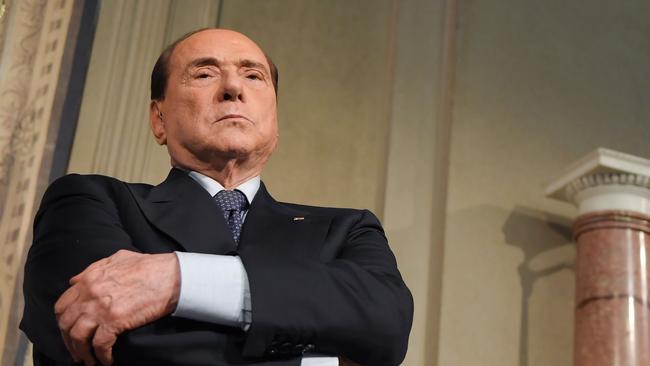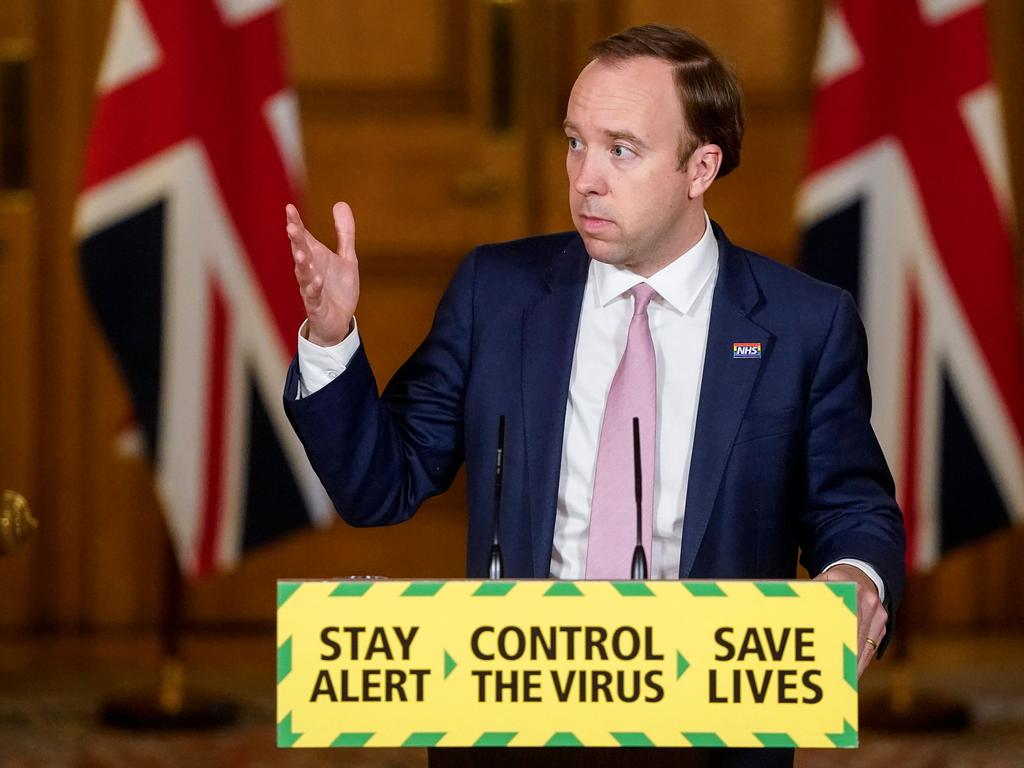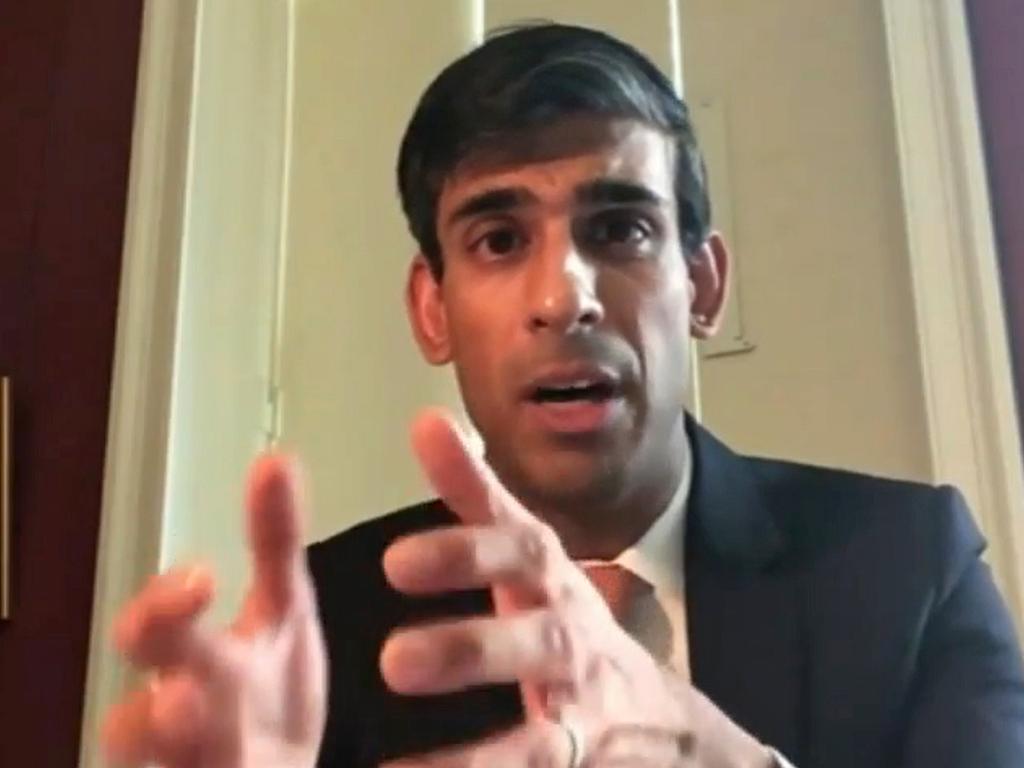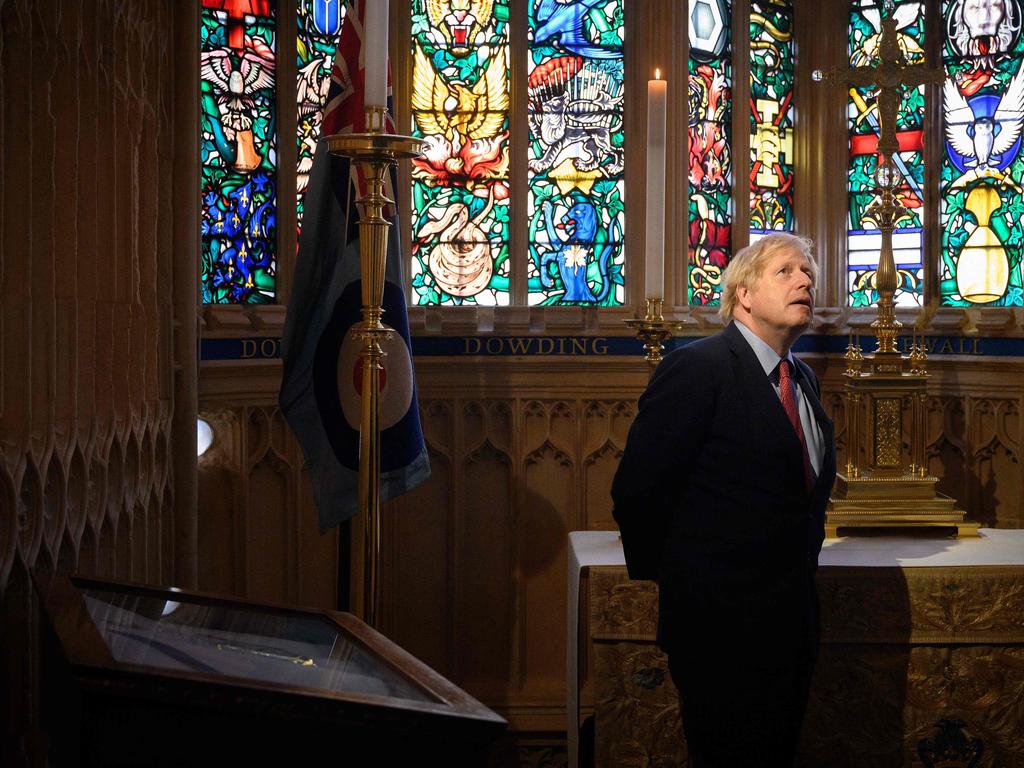Coronavirus: Silvio Berlusconi in hospital as cases surge
Italian former prime minister Silvio Berlusconi has been admitted to hospital with pneumonia after testing positive for COVID-19.

Italy’s flamboyant former prime minister Silvio Berlusconi has been admitted to hospital with pneumonia days after testing positive for the coronavirus.
The media tycoon, who turns 84 this month, was taken to San Raffaele Hospital in Milan and placed in an isolation ward after suffering “certain symptoms”, his office said in a statement.
“Because of his age it was better that the symptoms are taken care of in hospital,” Deborah Bergamini, a deputy with Mr Berlusconi’s Forza Italia party, told the BBC. His daughter Barbara, 36, and son Luigi, 31, have also contracted the virus, as has his partner, Marta Fascina, 30.
The billionaire had been in self-isolation at his villa in Arcore, near Milan, after holidaying in Sardinia, which has a much higher infection rate than much of Italy.
The announcement came as France unveiled Europe’s biggest stimulus package aimed at rebooting its economy amid signs case numbers were surging throughout Europe. France announced a €100bn ($163bn) stimulus package after more than 7000 new infections were reported over 24 hours and the health service said that “the virus is continuing to advance nationwide”. The infection level was just below last Friday’s, which was the highest since the lockdown ended in May.
Prime Minister Jean Castex outlined the “historic” spending plan, which is equivalent to 4 per cent of the country’s income, and gives priority to President Emmanuel Macron’s drive to modernise business.
More than 30,600 people have died of COVID-19 in France, with the numbers of new deaths and patients in intensive care rising slightly since mid-July. The package, of which €40bn will come from the EU’s €750bn recovery fund, follows hundreds of billions already spent on loan guarantees and to prevent job losses. More than a third, €35bn, is to be spent on tax breaks for industry and other businesses.
Across the Channel, Britain’s coronavirus travel policy was in disarray after England decided against new quarantine measures for Portugal, despite tough restrictions being imposed by Scotland and Wales.
In a surprise move, the British parliament confirmed Portugal would not be removed from England’s list of quarantine-free destinations even though COVID-19 cases there have risen sharply over the past week. Portugal has recorded 23 cases per 100,000 in a seven-day period, above the usual threshold of 20 for quarantine to be imposed.
The decision was reportedly taken because of evidence from government scientific advisers that the rise in Portuguese cases was partly down to extra testing. There has actually been a drop in the proportion of those tested returning a positive result over the past fortnight, it was said.
But many holiday-makers had already paid hundreds of pounds for early flights home from Portugal this week because of the speculation that restrictions would be imposed.
To add to the confusion, Scotland announced all arrivals would be forced to quarantine from Saturday, and Wales announced that arrivals from mainland Portugal would be subjected to a two-week quarantine from Friday.
It marked a further split in the travel policies operated in different parts of Britain. Wales also announced that quarantine measures would be imposed on arrivals from six Greek islands and Gibraltar. Scotland has already announced that holiday-makers from across Greece will be forced to quarantine.
The travel corridor to Portugal was only reopened two weeks ago, prompting a surge in holiday bookings by British tourists.
Rory Boland, editor of Which? Travel magazine, said: “Days of speculation around this announcement meant many people rushed to pay extortionate prices for flights back to England to avoid having to quarantine on their return, only to now find out there was no need.”
A two-week quarantine was imposed on all arrivals into Britain in early June to prevent a second wave of coronavirus. The requirement was scrapped for more than 70 “safe” countries less than a month later, establishing quarantine-free “travel corridors”. However, over the past month the corridors have been closed off as coronavirus cases have risen around the world.
AFP, The Times







To join the conversation, please log in. Don't have an account? Register
Join the conversation, you are commenting as Logout